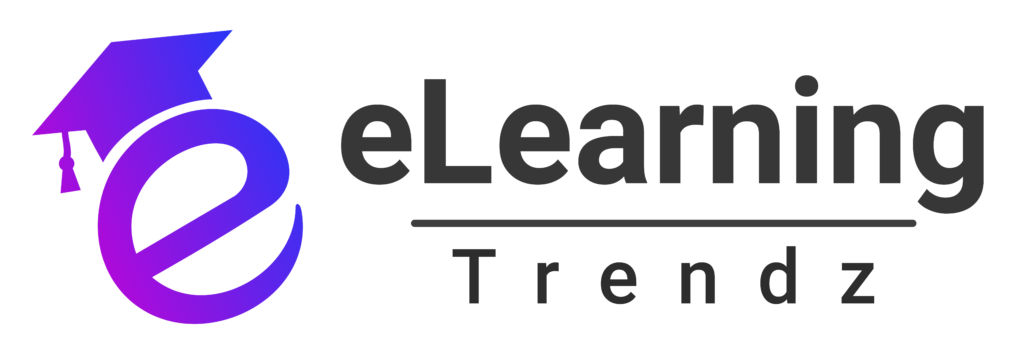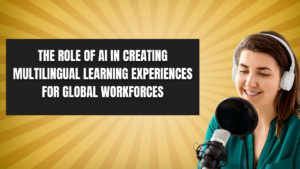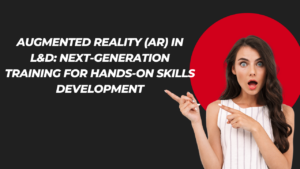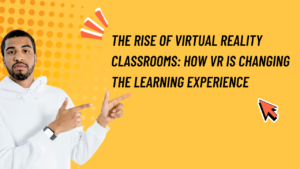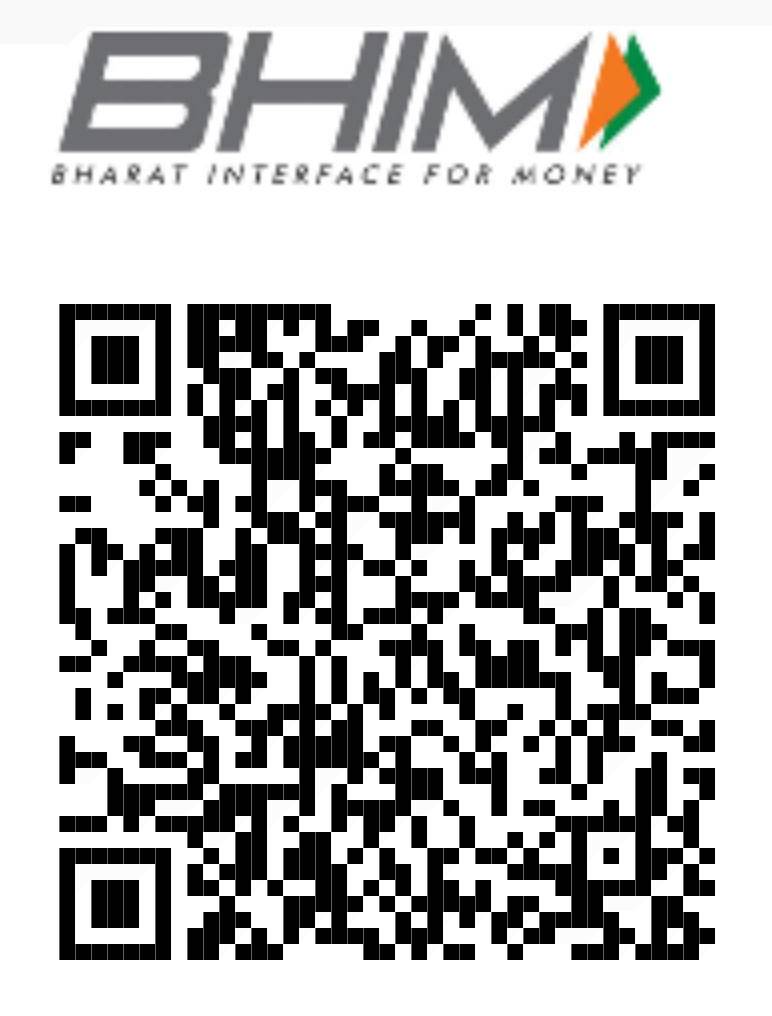Nigeria’s rapidly growing digital economy and expanding educational sector have sparked a surge in demand for Learning Management Systems (LMS). Whether you’re a corporate entity aiming to upskill employees, a school adapting to hybrid learning, or a non-profit delivering community-based training, an LMS offers centralized administration, scalable content delivery, and robust reporting tools. This article highlights some of the best LMS solutions in Nigeria, featuring both homegrown providers and international platforms with a local presence.
1. SIDMACH Technologies
Why It’s Great
- Local Expertise: Deep understanding of Nigeria’s educational landscape, including government guidelines and curriculum standards.
- Custom LMS Development: Tailors features to institutional or corporate requirements.
- Integration Capabilities: Seamlessly connects with payment gateways, HR systems, and third-party eLearning content providers.
- Ongoing Support: Offers on-site training and customer service for quick issue resolution.
Overview
SIDMACH Technologies, headquartered in Lagos, is known for its ICT solutions in education and corporate training. Their LMS implementations often include custom portals, analytics dashboards, and offline-compatible modules to cater to areas with limited internet connectivity. Organizations seeking an end-to-end local partner may find SIDMACH’s expertise and support particularly valuable.
2. Tenece Professional Services
Why It’s Great
- Enterprise-Focused: Specializes in large-scale deployments for universities, corporations, and government agencies.
- Custom Development: Builds unique features or adapts open-source solutions like Moodle to meet Nigerian market needs.
- Consulting Services: Guides clients from requirement analysis through to design, deployment, and user training.
- Data Security & Compliance: Emphasizes secure hosting and compliance with local data regulations.
Overview
Tenece is an IT consulting firm with strong roots in West Africa. Their LMS projects range from corporate online training platforms to eLearning portals for higher education. By offering strategic consulting alongside technical development, Tenece ensures that the platform aligns with an organization’s goals, compliance obligations, and infrastructure constraints.
3. Edves
Why It’s Great
- Focus on Schools: Designed specifically for primary and secondary institutions in Nigeria, addressing local curriculum standards.
- Seamless Admin Features: Handles timetabling, grading, attendance, and fees payment in one system.
- Cloud-Based: Accessible from any device with the internet, supporting remote or hybrid learning models.
- Parent Engagement: Provides parent portals for tracking student progress and facilitating communication.
Overview
Edves is an EdTech startup focused on digitizing school operations and classroom instruction. Known mostly in the K-12 space, it bridges academic management and eLearning, enabling teachers to deliver lessons online, assign homework, and monitor performance. Schools looking to modernize and streamline admin tasks alongside digital instruction may find Edves an ideal fit.
4. uLesson
Why It’s Great
- Rich Multimedia Content: Video lessons, quizzes, and interactive modules tailored to West African secondary school curricula.
- Mobile-First Approach: Optimized for smartphones, ensuring widespread accessibility.
- Gamification: Leaderboards and rewards boost student engagement.
- Offline Functionality: Allows learners in low-bandwidth regions to download content for later viewing.
Overview
Although uLesson is more of an online learning platform than a traditional corporate LMS, it has revolutionized how Nigerian students (and those in surrounding countries) access educational content. For organizations or NGOs wanting to deliver standardized academic or test-prep content, uLesson’s approach can serve as a model—or as a partner through licensing or collaborations.
5. Moodle Implementations by Local IT Firms
Why It’s Great
- Open-Source Flexibility: Moodle’s framework allows extensive customization, from branding to unique plugins.
- Cost-Effectiveness: Eliminates high licensing fees, focusing budget on development and user training.
- Community Support: Global developer community ensures constant updates and feature enhancements.
- Local Adaptations: Nigerian IT firms can optimize Moodle for local needs—like NERDC curriculum alignment or offline modules.
Overview
Moodle is one of the world’s most popular open-source LMS platforms, and local IT providers in Nigeria offer specialized Moodle services—from installation and configuration to hosting and support. This path is ideal for schools, NGOs, or enterprises wanting maximum control over platform features and data. Partnering with local developers ensures on-the-ground support and easier compliance with Nigerian educational standards.
6. SeamlessHR LMS (Part of SeamlessHR Suite)
Why It’s Great
- Integrated HR & LMS: Combines performance management, payroll, and talent development in one ecosystem.
- Designed for African Markets: Addresses local HR compliance, multiple currency handling, and region-specific user workflows.
- Analytics & Reporting: Tracks completion rates, skill gaps, and ROI for corporate training.
- Scalable Architecture: Serves SMEs up to large corporations, adjusting user tiers and modules as the business grows.
Overview
SeamlessHR is a Lagos-based HR-tech startup that has added an LMS module to its suite of enterprise HR solutions. By integrating learning content with performance reviews and career progression, organizations gain a holistic view of employee development. Companies seeking an all-in-one HR and learning platform may find SeamlessHR’s approach particularly appealing.
7. Paradiso LMS
Why It’s Great
- Multi-Tenant Architecture: Organizations can create separate, branded portals for different departments, franchises, or audiences.
- Robust Integrations: Connects seamlessly with HR systems, CRM tools, and payment gateways relevant to Nigerian businesses.
- Social Learning & Gamification: Engages learners through discussion forums, leaderboards, badges, and other interactive features.
- End-to-End Support: This service offers implementation assistance, localization services, and ongoing maintenance, making it suitable for Nigeria’s evolving eLearning market.
Overview
Paradiso LMS is a globally recognized platform known for its flexibility and scalability. Through local partnerships and a focus on cloud-based deployment, Paradiso LMS caters to Nigerian organizations of all sizes—from SMEs to multinational companies with regional offices. Paradiso Solutions provides a compelling solution for businesses, educational institutions, and NGOs seeking to streamline training and improve learner engagement by combining social learning features, gamification, and multi-tenant capabilities.
Conclusion
Nigeria’s evolving educational and corporate training landscape demands LMS solutions that address infrastructure challenges, local curriculum standards, and scalability. From Paradiso LMS—a multi-tenant, globally recognized platform catering to Nigeria’s diverse needs—to SIDMACH and Tenece—specializing in custom solutions—, the market offers diverse options for any organization’s size or sector.
Key Takeaways
- Local Expertise Matters: Providers based in Nigeria or partnering with local developers can offer tailored solutions addressing bandwidth, compliance, and cultural nuances.
- Scope & Scale: Before selecting an LMS, define your target audience, content needs, and growth plans, whether you’re a school, a large enterprise, or an NGO.
- Integration & Support: Check how easily the LMS can integrate with existing systems (HR, payment gateways) and whether you’ll receive reliable customer service post-launch.
By assessing factors like technical requirements, budget constraints, and long-term training goals, you can select the ideal LMS from these top Nigerian solutions (and global providers with local ties), ensuring high-quality learning experiences and tangible performance improvements.
